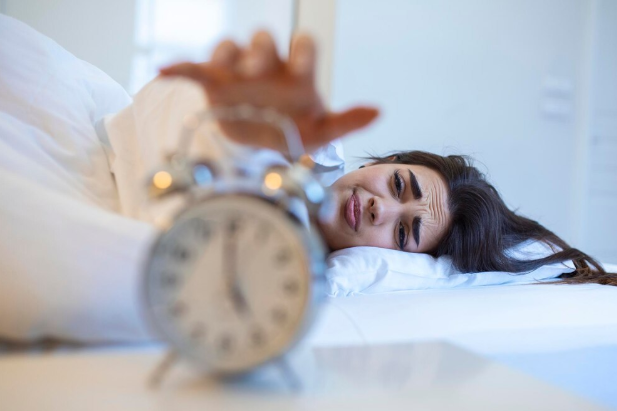
Introduction: Confronting the Opioid Epidemic with Compassion and Innovation The opioid crisis continues to devastate communities. With rising overdose rates and increasing dependence on prescription painkillers and illicit opioids like fentanyl, access to adequate and compassionate treatment is more critical than ever. At the heart of recovery for many individuals is Suboxone treatment, a proven […]
Read More







